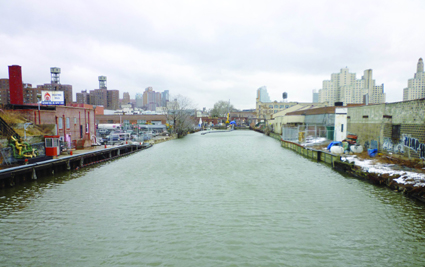New Book by Brooklyn Writer Examines Fate of Fresh Water

P1030294.jpg
Alex Prud’homme Says Mankind Has Taken
Water for Granted, Now Faces Looming Crisis
Brooklyn-based writer Alex Prud’homme has covered a broad spectrum of subjects as a contributor to The New York Times, The New Yorker, Vanity Fair, Talk and Time. He co-authored a book, My Life In France, with Julia Child, and another, Forewarned, a book about terrorism and global politics, with Michael Cherkasky.